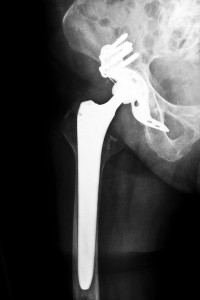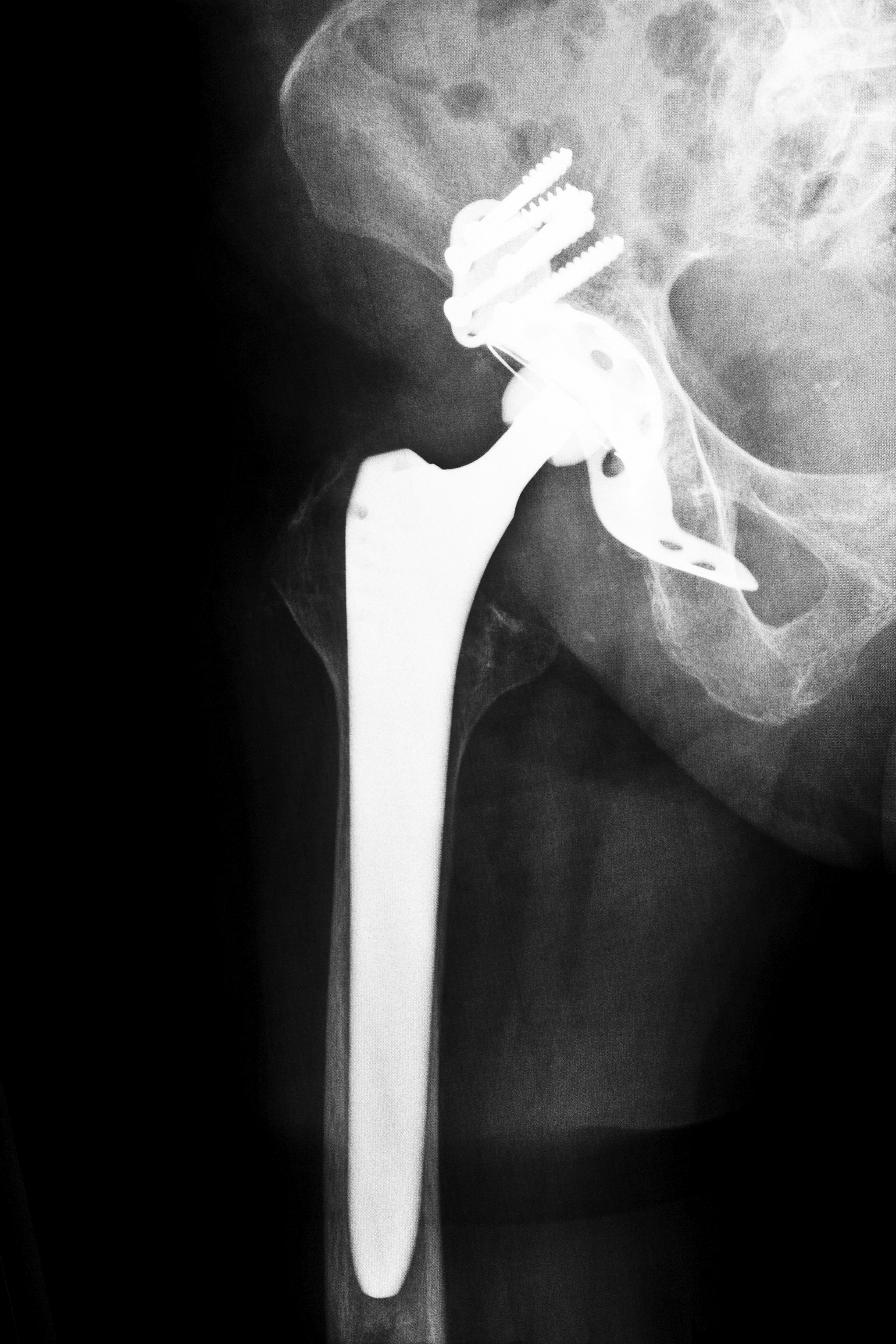
The Zimmer Durom Cup was initially designed as a hip implant for younger patients leading active lifestyles. While the purpose of the device was to ensure a longer life by allowing a greater, pain-free range of motion, the implant has been linked to not only implant failure and severe pain, but it may require additional surgeries, as well. If you feel you have received a defect implant and are suffering from an improper implantation surgery, contact Attorney Group for Alabama to speak with one of our affiliated Alabama Zimmer Durom Cup hip replacement attorneys.
History of the Zimmer Durom Cup Hip Replacement
Zimmer Holdings, Inc. introduced the Zimmer Durom Acetabular Component in 2006, but in just two years, patients began to report problems with the implant. The Food and Drug Administration investigated the device and concluded that the main reason the implant was failing was because surgeons had not received adequate instructions and training regarding implantation.
Surgeons Didn’t Receive Complete Information
A noted orthopedic surgeon, Larry Dorr, who was also a consultant to the manufacturer, alerted the company to potential risks with the implant in 2007. He observed a high failure rate in his patients who were fitted with the cup and wrote to the American Association of Hip and Knee Surgeons in 2008. In this documentation, he discussed in detail 10 revision surgeries out of 165 procedures involving the Durom Cup that came within the first two years after the initial surgery and mentioned four other patients who had reported problems.
Additionally, Dorr claimed that the fixation surface on the device was not adequate and there was a circular cutting surface on the edge of the implant that did not allow it to seat properly in the patient. During the first year after patients received the implant, he noticed that X-rays did not show any signs of problems with the device, such as movement. Instead, he performed revision surgeries because he saw patients showing tell-tale signs of a loose implant. Rather than continuing to perform implantation surgeries, Dorr ceased to use the device and instead contacted the FDA regarding the number of revisions.
Zimmer Holdings, Inc. Fought Back
Zimmer responded by accusing Dorr of not having the surgical skills or technical competence to properly implant the device. Zimmer then conducted its own investigation, despite its allegation against him. They began to analyze the manufacturing processes and retested the device to ensure its compliance with manufacturing specifications. The company also verified that the plasma coatings they sprayed onto the device met the FDA’s requirements and were more favorable than other coatings used by competitors. Additionally, they claimed that their inspection of production lots were free of any defects.
Once they examined clinical data sites across Europe and the United States, Zimmer acknowledged that there was a higher rate of revision surgery in areas that did not employ proper surgical technique when implanting the device. However, orthopaedic surgeons evaluated one particular case and found that the woman’s hip never really got better; instead, the implant became worse. The woman complained of discomfort and used crutches for two months, even though her X-ray showed no change of position and doctors noted no loosening of the device.
Recent Developments
In July 2008, Zimmer Holdings, Inc. decided to suspend all sales of the Zimmer Durom Cup until the company could determine the best way to overcome the symptoms and risks associated with the device. Patients claimed that the components in the device were not secure, and they often needed to undergo a revision surgery to remove the device. However, despite all of this, the company initially maintained that the device was safe when used as intended, yet they acknowledged implant devices made of metal-on-metal can be challenging to the patient.
The company had hoped to reintroduce the implant once they could develop better training protocols and instructions for the surgeons completing the procedure. Zimmer noted that the main benefits of the Zimmer Durom Cup preserved the natural cavity of the hip joint and reduced the patient’s risk of dislocating a hip. They claimed that these benefits are greater than the skill requirements surgeons must have to successfully perform the procedure.
From its introduction in 2006 to 2008, over 12,000 patients across the United States received the Zimmer Durom Cup. While the exact number of patients suffering from improper placement and faulty devices is unknown, thousands of people are receiving additional treatments and dealing with lifelong pain as the result of the manufacturer failing to issue complete instructions.
Contact Us
If you feel that you received a defective implant and are suffering from hip pain after you received the device, or if you have experienced any loosening in your implant or undergone hip replacement revision surgery, contact Attorney Group for Alabama for a free consultation, legal counsel, and to be informed of your rights. You may be eligible to receive compensation for medical bills, lost wages, and pain & suffering. Our affiliated Alabama Zimmer Durom Cup hip replacement attorneys are here to help.






